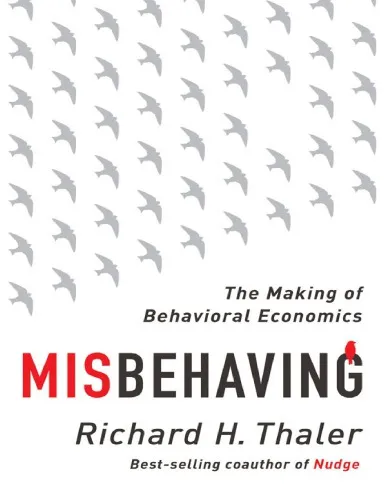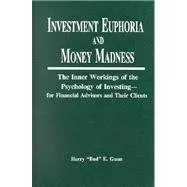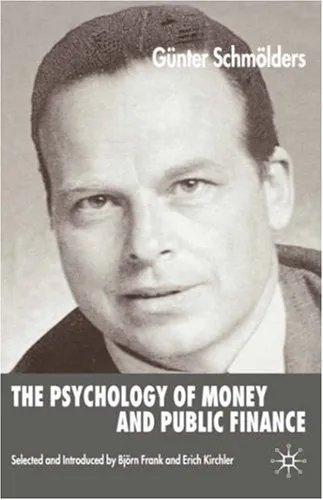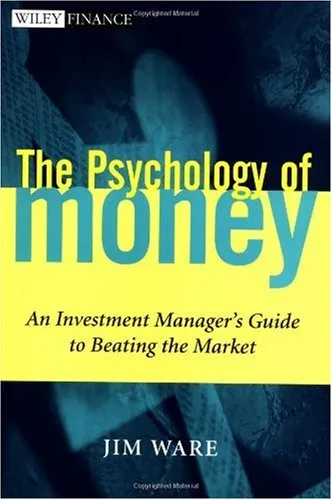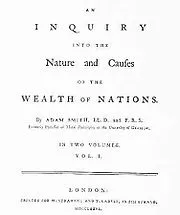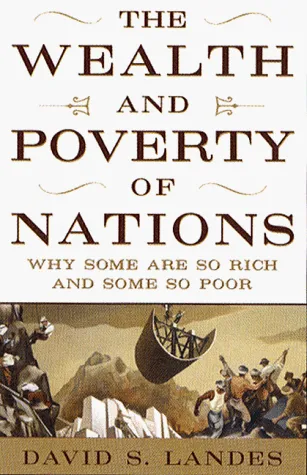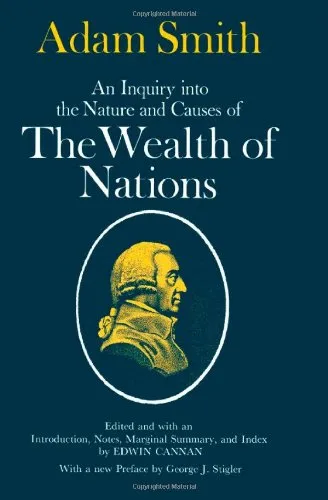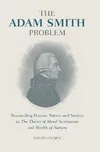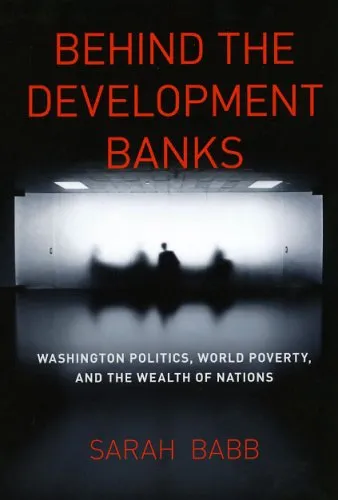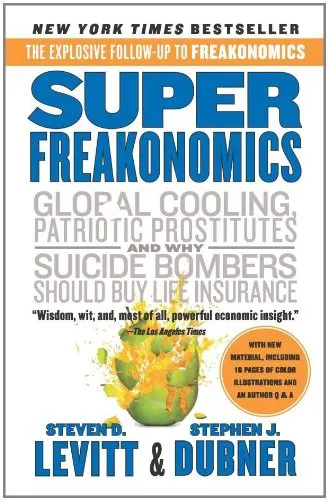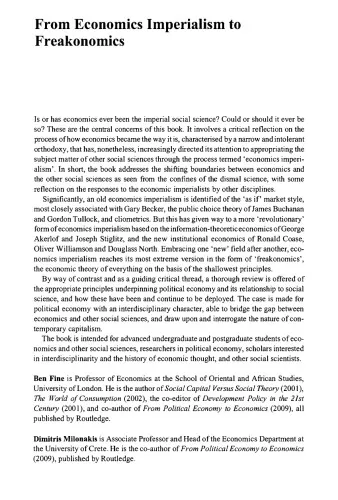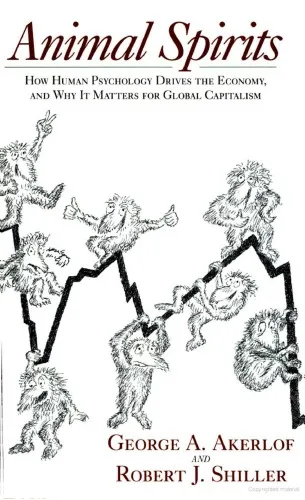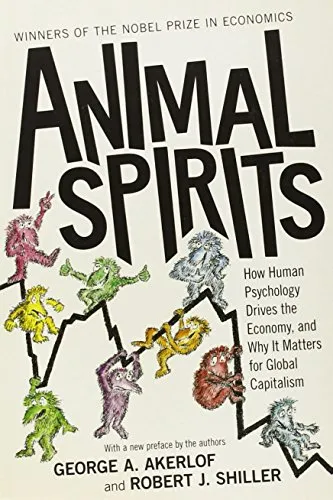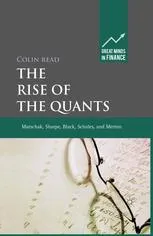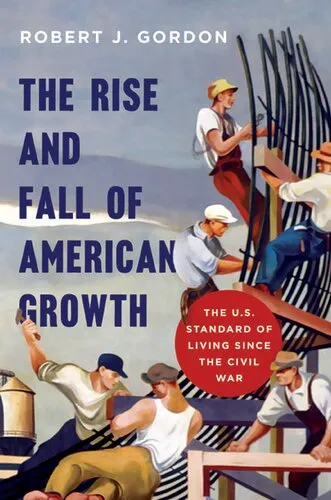Misbehaving: The Making of Behavioral Economics
4.6
بر اساس نظر کاربران

شما میتونید سوالاتتون در باره کتاب رو از هوش مصنوعیش بعد از ورود بپرسید
هر دانلود یا پرسش از هوش مصنوعی 2 امتیاز لازم دارد، برای بدست آوردن امتیاز رایگان، به صفحه ی راهنمای امتیازات سر بزنید و یک سری کار ارزشمند انجام بدینRelated Refrences:
معرفی کتاب «Misbehaving: The Making of Behavioral Economics»
کتاب «Misbehaving: The Making of Behavioral Economics» نوشته ریچارد اچ. تیلر، داستان شکلگیری و توسعه یکی از نوآورانهترین شاخههای علمی، یعنی Behavioral Economics، را روایت میکند. این کتاب به شیوهای جذاب و ساده توضیح میدهد که چگونه رفتارهای واقعی انسانها گاه با فرضیات مدلهای اقتصادی سنتی مطابقت ندارند و نیاز به یک رویکرد جدید وجود دارد.
خلاصهای از کتاب
در این کتاب، ریچارد تیلر، برنده جایزه نوبل اقتصاد، به بررسی تفاوتهای میان رفتارهای اقتصادی نظری و واقعی میپردازد. او با استفاده از مثالهای واقعی و تجربیات شخصی، نشان میدهد که مردم اغلب بر اساس احساسات، انگیزهها و تصمیمگیریهای نادرست عمل میکنند. این رفتارهای نامعقول میتوانند تأثیرات چشمگیری بر بازارها، سیاستها و حتی زندگی شخصی افراد داشته باشند. تیلر به بررسی مواردی مانند پیشداوریها، اثرات اجتماعی، و تأثیرات محدودیتهای شناختی میپردازد که اینها همه با شیوههای سنتی اقتصادی که بر اساس منطق کامل فرض شدهاند، مغایرت دارند.
نکات کلیدی
- Behavioral Economics به بررسی رفتارهای غیرمنطقی و تصمیمگیریهای عصبی انسانها میپردازد.
- مفهوم «nudge» که به عنوان ابزاری برای بهبود تصمیمگیریهای افراد به کار میرود.
- شناخت و درک بیشتر از محدودیتهای شناختی و روانی انسانها و تأثیر آنها بر تصمیمات اقتصادی.
جملات معروف از کتاب
«اقتصاددانان امور مالی دوست داشتند فکر کنند که بازارها کارآمد هستند، اما همیشه زمانی که نگاه دقیقتری میانداختید، نشانههایی از Chaos وجود داشت.»
«انسانها مانند یک هایپوتتیک ماشین حساب منطقی رفتار نمیکنند. آنها همیشه راهحلها را بر اساس فرایندهایی که حس کنند برای آنها مناسبتر است، پیدا میکنند.»
چرا این کتاب مهم است؟
«Misbehaving: The Making of Behavioral Economics» نقطه عطفی در پذیرش Behavioral Economics به عنوان یک رشته علمی است. این کتاب نه تنها به روشنسازی جذابیت و کاربردهای دنیای واقعی این شاخه جدید اقتصادی میپردازد، بلکه به شکلگیری سیاستها و تصمیمگیریهای بهتر در زمینههایی مانند اقتصاد، سلامت و آموزش کمک میکند. فهم و بهرهبرداری از درک عمیقتری که درباره رفتارهای انسانی ارائه میدهد، به ما امکان بهبود روشهای تصمیمگیری و طراحی محیطهایی که برای انسانها بهتر کار کند، را میدهد.
Introduction to "Misbehaving: The Making of Behavioral Economics"
"Misbehaving: The Making of Behavioral Economics" by Richard H. Thaler presents a groundbreaking exploration into the eccentric nature of human behavior and its implications on economic theory. This captivating narrative draws the reader into the world of economics where traditional assumptions about rationality are challenged and reshaped.
Detailed Summary of the Book
In "Misbehaving," Thaler takes readers through his journey of developing behavioral economics, a field that intersects economics and psychology. Through engaging anecdotes and insightful analysis, he reveals how standard economic models, based on the assumption of rational actors, often fail to predict real-world outcomes. Thaler's narrative starts from his early days at the University of Rochester, continuing through his successful collaborations with notable scholars like Daniel Kahneman and Amos Tversky.
The book details the key milestones and struggles in establishing behavioral economics as a credible field within the rigid landscape of traditional economic theories. By illustrating myriad examples of human "misbehavior" or irrationality, Thaler emphasizes how real people often deviate from the predictions made by conventional economic theories. This journey not only altered the understanding of market mechanisms but also influenced policies that affect everything from household finances to corporate strategies and government regulations.
Key Takeaways
- Behavioral economics bridges the gap between psychology and economics by recognizing imperfect human behavior.
- People often exhibit predictable irrationality, deviating from classical economic predictions.
- Understanding these deviations can lead to better economic models and more effective policy-making.
- Behavioral insights can transform finance, healthcare, and governmental operations by aligning with natural human behaviors.
Famous Quotes from the Book
"Economics can be distinguished from other social sciences because it is based on two fundamental assumptions: optimizing behavior and equilibrium."
"People are not stupid, but the world is difficult and they have limited time and attention."
Why This Book Matters
"Misbehaving" is not just a book but a narrative that challenges the orthodoxy of economics and offers a fresh perspective on how human behavior interacts with economic phenomena. It is foundational because it calls into question long-held assumptions about human rationality, forcing a reevaluation of how economic models are constructed. By bringing psychology into economic thinking, Thaler has paved the way for more robust and realistic economic theories, which acknowledge that human beings are often influenced by biases and are not always the rational actors depicted in traditional models.
This book is invaluable for economists, policy makers, psychologists, and anyone interested in understanding how real-world decisions are made. It has broad applications ranging from finance to public policy, and even personal decision-making, emphasizing that understanding our "misbehaving" is key to designing better systems and structures for the future.
دانلود رایگان مستقیم
شما میتونید سوالاتتون در باره کتاب رو از هوش مصنوعیش بعد از ورود بپرسید
دسترسی به کتابها از طریق پلتفرمهای قانونی و کتابخانههای عمومی نه تنها از حقوق نویسندگان و ناشران حمایت میکند، بلکه به پایداری فرهنگ کتابخوانی نیز کمک میرساند. پیش از دانلود، لحظهای به بررسی این گزینهها فکر کنید.
این کتاب رو در پلتفرم های دیگه ببینید
WorldCat به شما کمک میکنه تا کتاب ها رو در کتابخانه های سراسر دنیا پیدا کنید
امتیازها، نظرات تخصصی و صحبت ها درباره کتاب را در Goodreads ببینید
کتابهای کمیاب یا دست دوم را در AbeBooks پیدا کنید و بخرید
1400
بازدید4.6
امتیاز0
نظر98%
رضایتنظرات:
4.6
بر اساس 0 نظر کاربران
Questions & Answers
Ask questions about this book or help others by answering
No questions yet. Be the first to ask!
